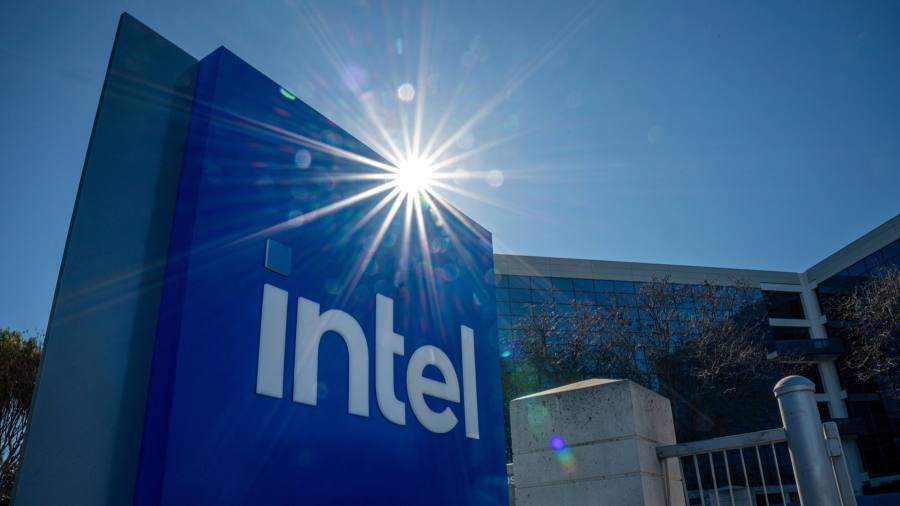Germany is on the brink of finalizing an agreement to provide Intel with €10bn in subsidies for the construction of a groundbreaking chip plant. This move is part of European countries’ efforts to decrease their reliance on Asian semiconductor suppliers.
According to sources familiar with the matter, the US semiconductor giant is “nearing a deal” with the German government to establish a mega fab in Magdeburg, a city in the east of the country. This development follows the previous announcement of €6.8bn in subsidies from Berlin, with an additional €3bn expected in this new agreement.
Intel had argued that the initial support package was insufficient due to inflation and rising energy costs. The company’s management revealed that the factory’s construction expenses had increased from €17bn to approximately €20bn. Once completed, this project will constitute one of the largest foreign direct investments in Germany.
If the deal goes through, it would be a significant victory for Germany’s economy minister, Robert Habeck. He has been advocating for his country to match the substantial support provided by the Joe Biden administration in the United States under the Chips Act, which includes $52bn in funding for domestic semiconductor manufacturing.
However, this news comes shortly after finance minister Christian Lindner expressed his resistance to increasing the level of support for the company, even if it promised to expand the project’s scope.
The discussions on finalizing the details of the agreement are still ongoing, as confirmed by a spokesperson for Chancellor Olaf Scholz. Furthermore, Pat Gelsinger, Intel’s CEO, is scheduled to meet with Chancellor Scholz in Berlin on Monday.
Simultaneously, Intel announced its plans to construct a $4.6bn semiconductor assembly and testing plant in Poland. This facility aims to address the critical demand for assembly and testing capacity. The company expects it to be operational by 2027, which aligns with the projected timeline for the Magdeburg plant.
Several European countries are striving to enhance domestic semiconductor production following the supply shortage caused by the COVID-19 pandemic’s impact on various industries. Tensions between the US and China over Taiwan, a major player in the high-end chip market, have also prompted these efforts.
However, critics question the value of Berlin’s pursuit of Intel, as the company’s expertise lies in chips that are not relied upon heavily by Europe’s automotive industry, for example. Thus, concerns arise regarding the best allocation of taxpayers’ money.
Intel, which already manufactures wafers in Ireland, has not disclosed the specific subsidies it will receive from Warsaw for the Polish facility but stated that it seeks incentives to ensure its global competitiveness, as it does in all locations where it operates.
During a press briefing, Polish Prime Minister Mateusz Morawiecki emphasized that the “detailed conditions” concerning subsidies would be presented at a later stage.
Additionally, Intel is currently in talks about the possibility of constructing a second large-scale test and assembly plant in Italy, an idea that has been under consideration since early last year.
Denial of responsibility! VigourTimes is an automatic aggregator of Global media. In each content, the hyperlink to the primary source is specified. All trademarks belong to their rightful owners, and all materials to their authors. For any complaint, please reach us at – [email protected]. We will take necessary action within 24 hours.


